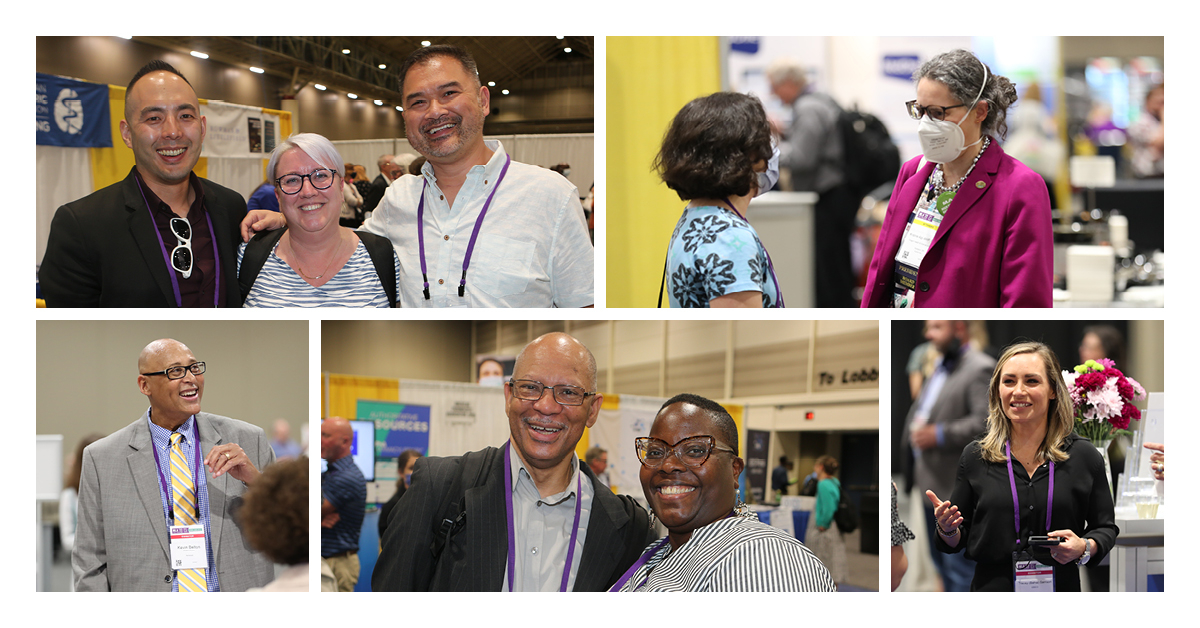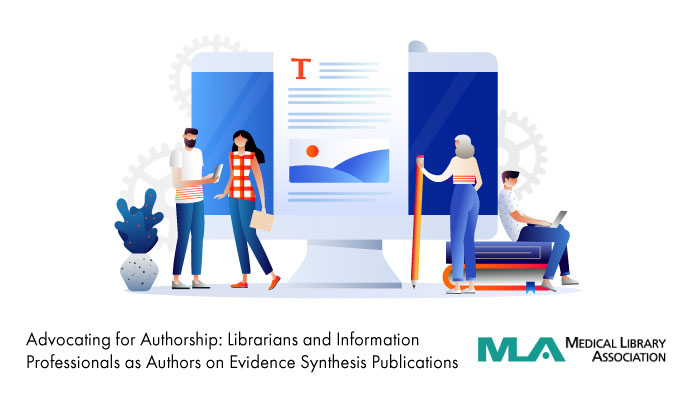On August 11, I had the privilege of representing MLA by addressing the impact that librarians could make to advance research and support the mission of the Advanced Research Projects Agency for Health (ARPA-H) during Listening Session 9: Advocates for Research on Genomics, Biomedical Engineering and Imaging, and Health Informatics, and Medical Libraries. Thank you to Mary Langman (MLA HQ), Maggie Ansell and Andy Hickner (MLA/AAHSL Joint Legislative Committee), and Chris Shaffer and Kristi Holmes for contributing to the MLA statement I delivered.
ARPA-H, proposed by President Biden, seeks to speed the development of medical treatments and could make pivotal investments in breakthrough technologies and broadly applicable platforms, capabilities, resources, and solutions that have the potential to transform important areas of medicine and health for the benefit of all patients and that cannot readily be accomplished through traditional research or commercial activity. The president’s proposed Fiscal Year 2022 requests $6.5 billion in funding to support ARPA-H.
The National Institutes of Health (NIH) and the White House Office of Science and Technology Policy (OSTP) are organizing a series of listening sessions to get feedback from patient advocacy groups, industry, scientific professional organizations, and other stakeholders. These listening sessions vary in format from broad, public discussions to smaller, invitation-only meetings to discuss more sensitive information. Materials from the listening sessions, including agendas, summaries, presentations, and videos, are posted here as they become available. Speakers at Listening Session 9 included Francis Collins, MD, director, NIH; Patti Brennan, PhD, director, NLM; and several NIH Institute directors and leaders of stakeholder groups including the American Medical Informatics Association’s president-elect, Gretchen Purcell Jackson, MD, PhD, FACS, FACMI, FAMIA.
As an invited speaker, I expressed support for ARPA-H and a few recommendations made by other stakeholders, while calling for leaders to engage librarians in Agency initiatives. I also addressed several key points related to ARPA-H’s approach to funding discovery: bringing team science, effective project management, and robust infrastructure to all ARPA-H projects; creating teams that include investigators without doctoral degrees; engaging librarians as partners throughout the process, from planning discovery to sharing findings for application to individual or community health; funding rapid exploration of critical questions through open dissemination of evidence synthesis, systematic, and scoping reviews using librarian expertise and access to literature in languages other than English; advancing diversity, equity, inclusivity, and broader applicability of findings throughout the discovery, selection, and implementation process, with implicit bias training and ongoing feedback for those who recommend projects for funding.
During the Q&A session, the following question was raised:
How will NLM support ensuring that libraries around the country are able to participate and contribute? What ARPA-H needed skills and knowledge can librarians bring and how will NLM ensure they are part of the conversation?
Dr. Brennan replied,
Thanks for the question—the NLM will use its Network of the National Library of Medicine (NNLM) to provide information about ARPA-H, opportunities for building library skills for fast track innovative approaches and distinguish between ARPA-H and other NIH funding opportunities. We’ll also be listening to the community and rely on our more than 8000 “points of presence” to bring those messages to us.
MLA works closely with NNLM on many initiatives for library infrastructure and professional development, so we will be sure to track on the community messages mentioned by Dr. Brennan and communicate those opportunities as this develops.
A video of Listening Session 9 will be posted on the NIH website soon, which has much more detail on data sharing and collaboration recommendations from the genomics, biomedical engineering, and informatics communities. Please be in touch if you have any questions or feedback as ARPA-H develops further.





